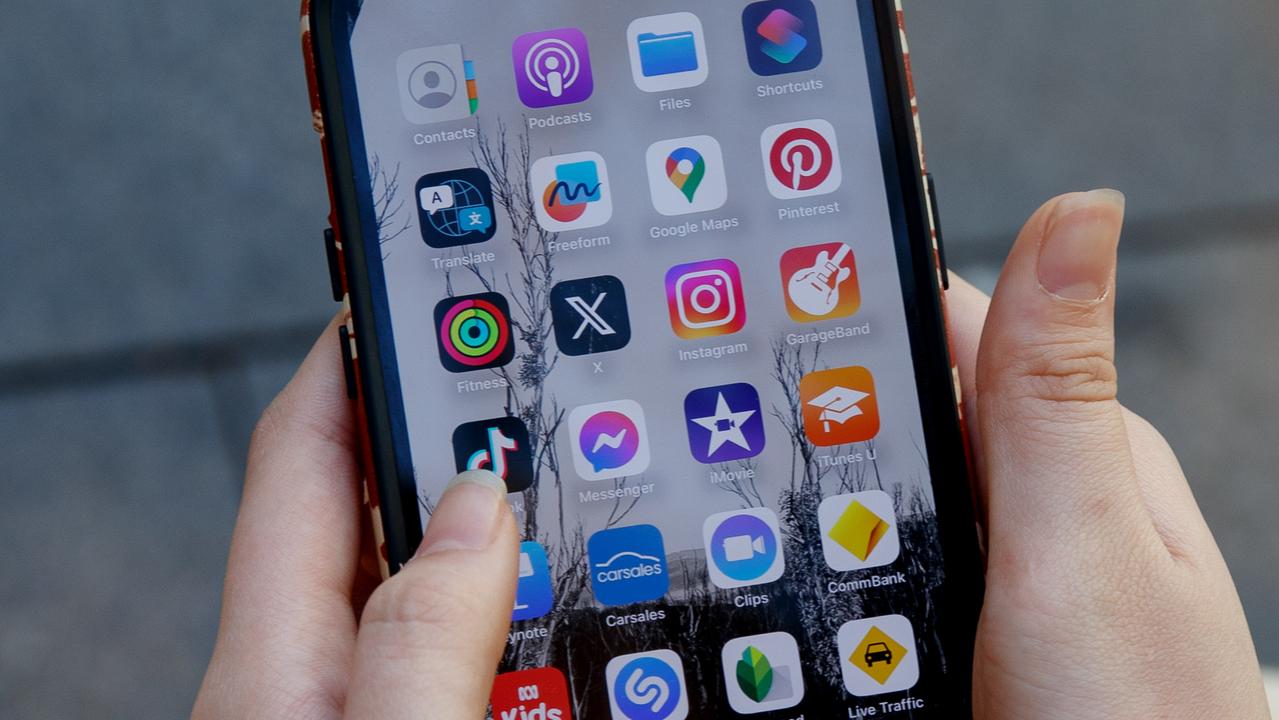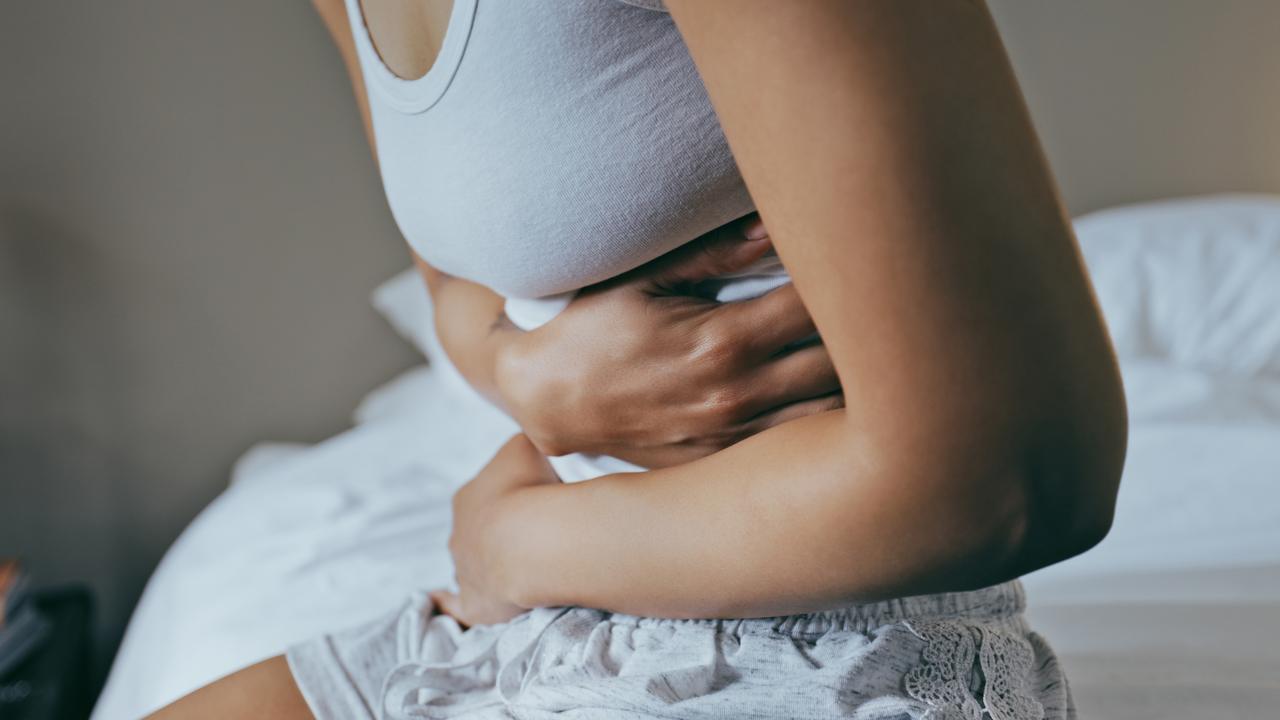Vaccine strength boosted by a good night’s sleep study reveals
New research has revealed what Australians need to do to get the best protection from their Covid vaccine.
Health
Don't miss out on the headlines from Health. Followed categories will be added to My News.
Getting a good night’s sleep may be key to boosting the effectiveness of vaccines, an international study has found.
And the researchers say that while their study looked at sleep duration around vaccination for viral infections such as flu and hepatitis, they believe the findings could translate to Covid vaccination.
Results of the study were published this week in the journal Current Biology and revealed people who slept less than six hours per night produced significantly fewer antibodies than people who slept seven hours or more, and the deficit was equivalent to two months of antibody waning.
“Good sleep not only amplifies but may also extend the duration of protection of the vaccine,” said senior author Professor Emeritus Eve Van Cauter, of the University of Chicago.
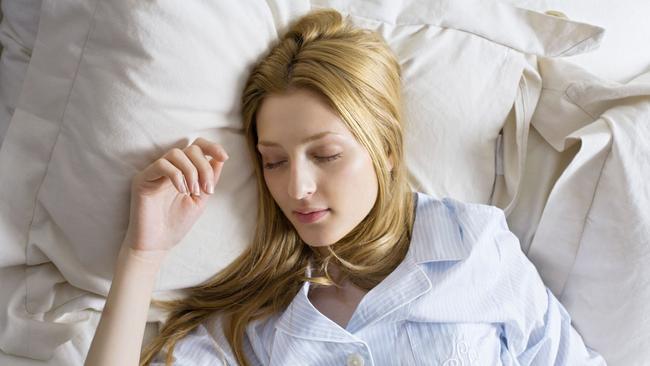
In 2002 Professor Van Cauter, along with lead author Karine Spiegel, of the French National Institute of Health and Medicine, published a landmark study on the effects of sleep on vaccination.
But the Covid pandemic and ensuing mass-vaccination prompted them to revisit the effect of sleep duration on vaccine response.
They analysed the results of seven studies that vaccinated for viral infections (influenza and hepatitis A and B), comparing the antibody response for individuals who slept a “normal” amount (seven to nine hours, as per the National Sleep Foundation’s recommendation for healthy adults) with “short sleepers” who slept less than six hours per night.
They compared the effect for men versus women and adults over the age of 65 years versus younger adults.
Overall, they found strong evidence that sleeping less than six hours per night reduced the immune response to vaccination.
However, when they analysed men and women separately, the result was only significant in men, and the effect of sleep duration on antibody production much more variable in women.
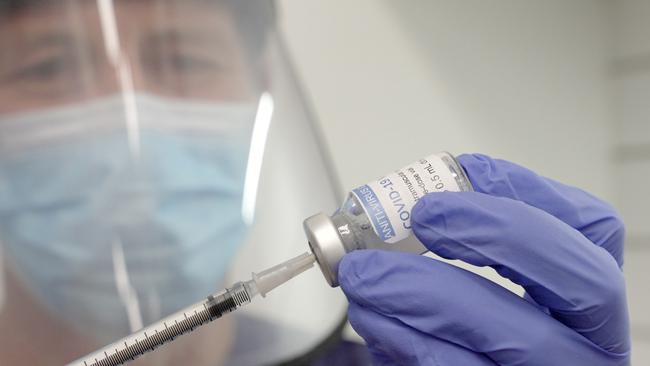
This difference was probably due to fluctuating sex hormone levels in women, the authors said.
“We know from immunology studies that sex hormones influence the immune system,” Ms Spiegel said.
“In women, immunity is influenced by the state of the menstrual cycle, the use of contraceptives, and by menopause and post-menopausal status, but unfortunately, none of the studies that we summarised had any data about sex hormone levels.”
The negative effect of insufficient sleep on antibody levels was also greater for adults aged 18–60 compared with people over the age of 65.
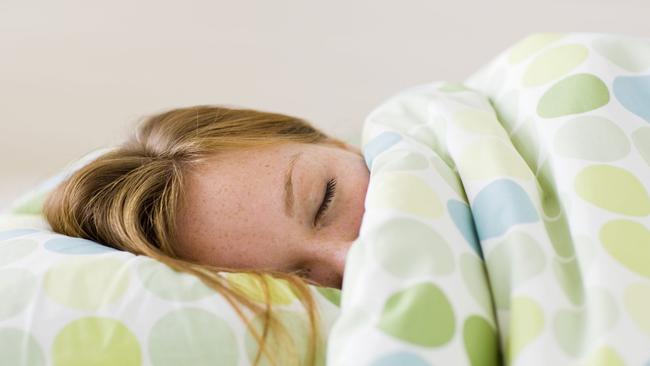
Knowing that sleep duration impacts vaccination efficacy might give people some degree of control over their immunity, the authors said.
“When you see the variability in protection provided by the Covid-19 vaccines — people who have pre-existing conditions are less protected, men are less protected than women, and obese people are less protected than people who don’t have obesity,” Professor Van Cauter said.
“Those are all factors that an individual person has no control over, but you can modify your sleep.”
The researchers said there was still more work to be done to learn more about sleep and vaccination.
“We need to understand the sex differences, which days around the time of vaccination are most important, and exactly how much sleep is needed so that we can give guidance to people,” Ms Spiegel said.
“We are going to be vaccinating millions and millions of people in the next few years, and this is an aspect that can help maximise protection.”
More Coverage
Originally published as Vaccine strength boosted by a good night’s sleep study reveals



